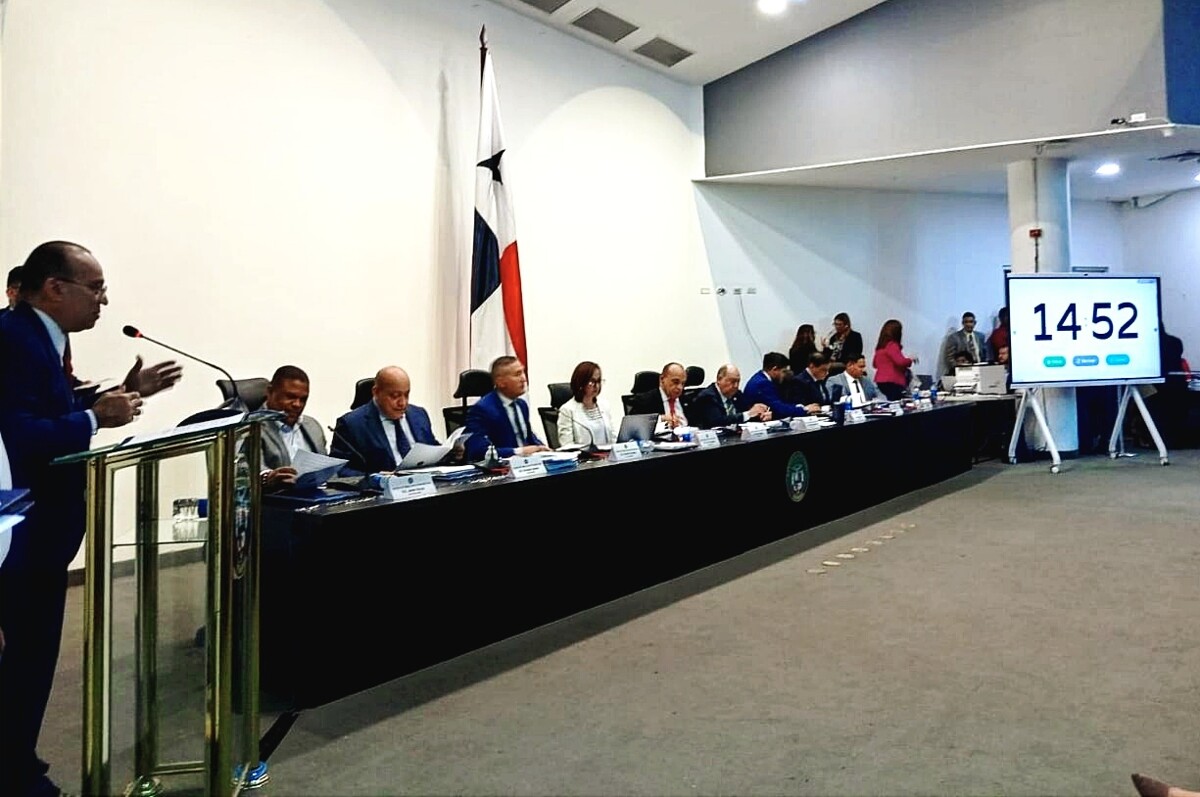
The rector of the University of Panama, Dr. Eduardo Flores Castro, presented four measures to strengthen the pension program of the Social Security Fund (CSS) without the need to increase the retirement age or establish other parametric measures. These proposals were presented in the Labor, Health, and Social Development Commission of the National Assembly during the first debate of Bill 163, which seeks to amend Law 51 of 2005 regarding the CSS.
According to the rector, the proposals arose from an analysis conducted by economists and actuaries of the institution and are based on social security as a human right, the preservation of the public nature of the CSS, the rejection of parametric measures, and the opposition to the individual account system.
Regarding the proposed measures, the first aims to reduce tax evasion and avoidance, which in 2022 amounted to 7,832 million balboas according to data from the General Revenue Directorate. The university proposes to reduce this evasion by 1.5%, which could generate significant income in the coming years.
Additionally, it is proposed to control the evasion of contributions, increase the profitability of CSS funds, and formalize informal workers. For example, the rector explained that increasing the profitability of funds to 6% could significantly contribute to the CSS, as the current profitability is 4%.
On the other hand, economist and professor Juan Jované emphasized the incompatibility of Bill 163 with the University of Panama's proposal, as it contemplates the privatization of CSS funds through outsourcing. Both academics concluded that the solution for the CSS should be based on equity and the universality of the right to social security, rather than privatizing or outsourcing the funds and rights of Panamanian workers.












